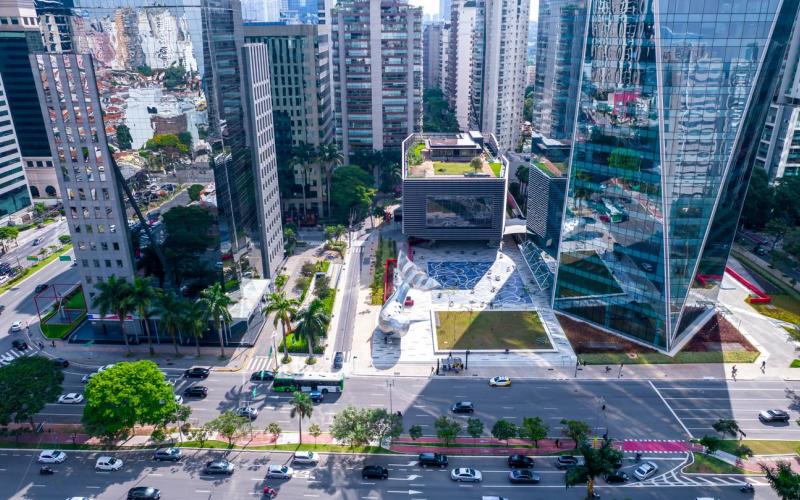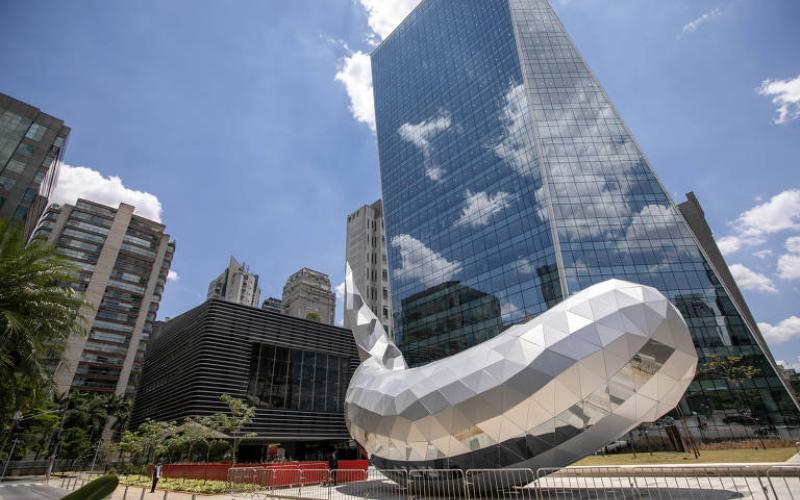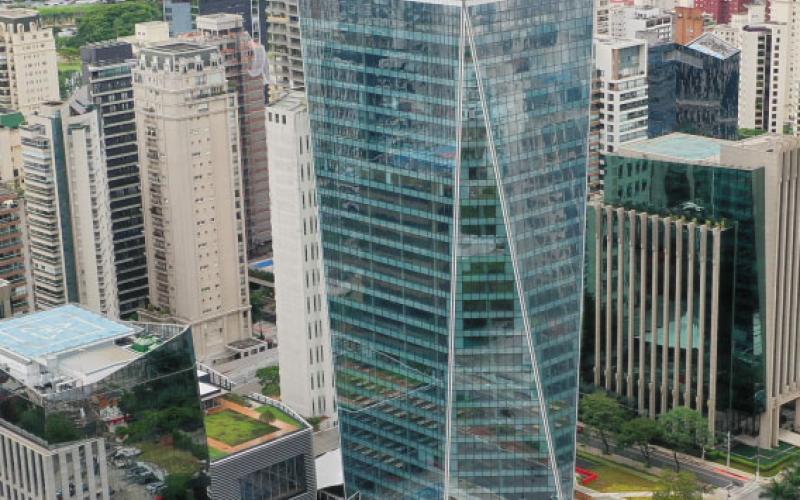EDIFICIO ADALMIRO DELLAPE BAPTISTA
Location
São Paulo, SP, Brazil
Certification level
Platinum
Percent of Overall Diversion Achieved
91.4%
Facility Size
833670.32
Project Overview
The zero waste policy aims to promote the best use of materials and reduce the production of waste and pollution, working in a closed circuit of production and consumption. The principles aim to encourage actions to reduce waste generation, value the materials generated, and prevent the generation of hazardous waste. Ongoing waste management activities include weighing and sorting the contents of each container collected from each tenant at the waste center with the building's sorting infrastructure, where it is weighed and recorded by tenant, sorting is carried out to separate the separate recyclables (paper, paper towels, cardboard, plastic, cans) which are pressed, and the organic (compostable) materials go to the organic storage area, the glass is deposited in a specific box and the waste goes to the compactor.. The correct separation of recyclable waste has always been a concern since the beginning of the project development. Environmental education actions occur continuously, helping to strengthen lessons learned.
A PAYT system was implemented, which engaged tenants to improve separation and training, and workshops in all sections of the building have helped to increase user participation and awareness. Building B32 instructs all users to separate waste into six fractions: paper, plastic, metal, glass, compostables, and waste. The metal and glass fractions are those that have almost no contamination, and the waste and compostable fractions still present errors in separation.
During the 12-month monitoring period, the deviation rate achieved was 91.4%, and in the previous twelve months, it was 85.1%. The objective is to reduce landfill waste by 1%, reaching 92% diversion, then 93%, until achieving 100%. To reach 100%, a list of challenges is included in the zero waste policy.


